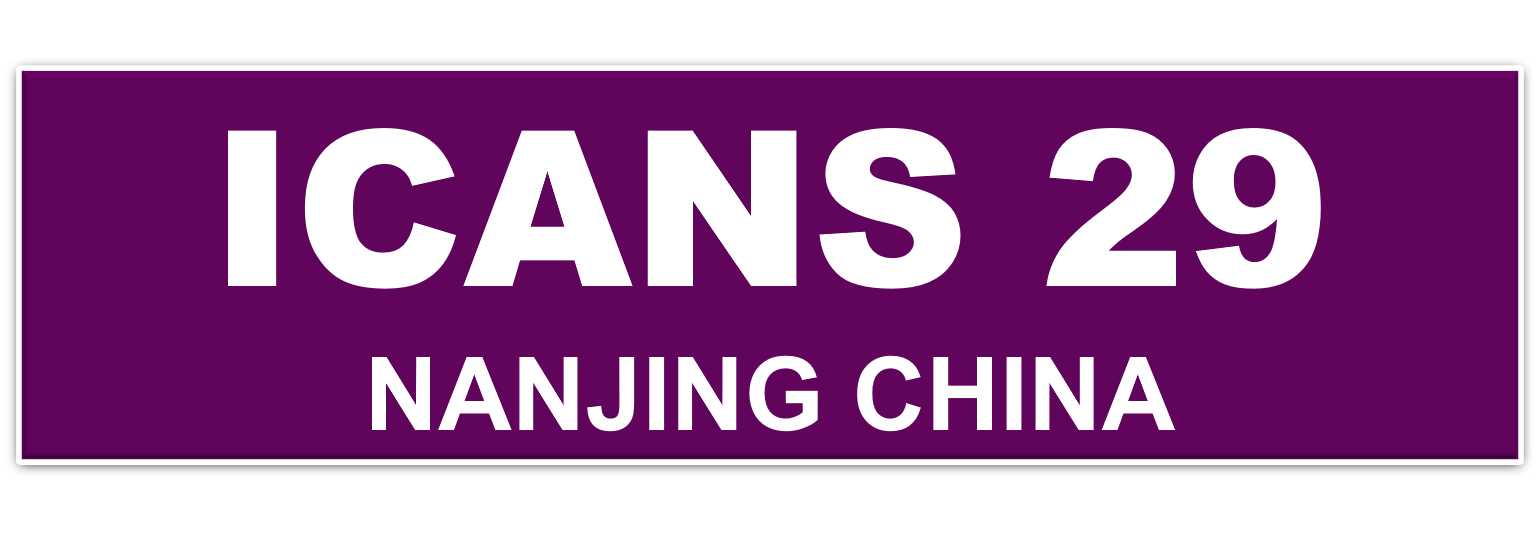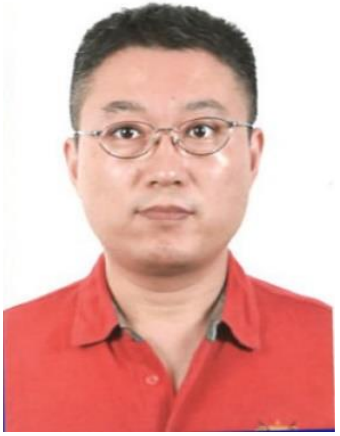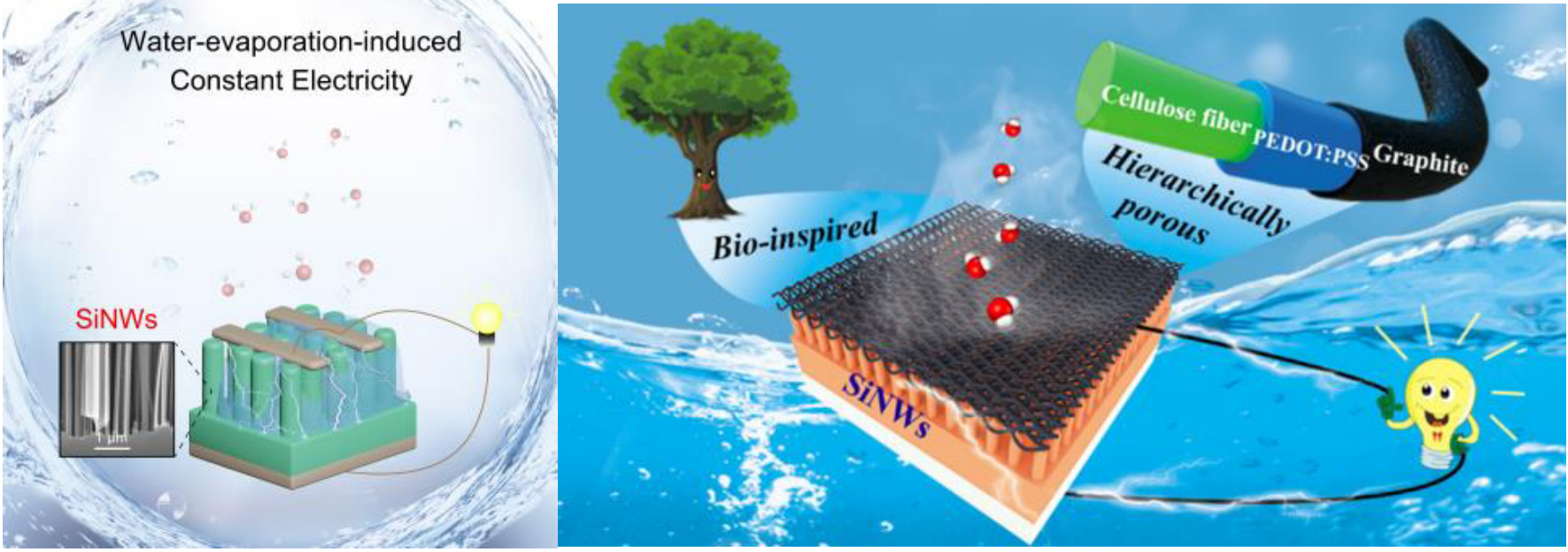Baoquan Sun
Si-based Nanostructures
Institute of Functional Nano & Soft Materials Soochow University
199 Ren-Ai Road, Suzhou Industrial Park, Suzhou, Jiangsu 215123 China
Email: bqsun@suda.edu.cn
Biography
Prof. Dr. Baoquan (Sam) Sun is full professor (PI) in Institute of Functional and Soft Materials (FUNSOM) of Soochow University. He received his PhD in Chemistry at Tsinghua University in Beijing in 2002. After being a postdoc. in Prof. Friend's group in Cavendish Laboratory at Cambridge University and in Dr. Klimov's group at Los Alamos National Laboratory, he is appointed a full professorship in Soochow University in Suzhou, China in 2008. His main research field is dedicated to the physical characterization of semiconductor nanostructure including conductive ink colloidal quantum dots, nanostructured silicon, and perovskite, their application in solar cell, light-emitting diode, and moisture-triggered electricity generation. He has published over 200 peer-reviewed papers Nat. Comm., Angew. Chem. Int. Ed., JACS, Nano Lett., ACS Nano and Adv. Mater. hold over thirty patents. And “SCI” total citation is more than 15000 times, H-index is 66. In addition, his works have been highlighted by Nature Climate Change, Nature Photonics, The Times, the Guardian, Xinhua Net, Phys. Org et al over 200 medias. He is awarded the Chinese Most Cited Researchers by Elsevier Scopus for “his Exceptional Contribution in Materials Science” since 2018. He has wined the first prize of Jiangsu Science and Technology Award in 2017. In 2019, he is awarded the National Program. Currently, he is the advisory board member of pss-physica status solidi (WILEY), Nanomaterials.
Abstract for Presentation
Nanostructured Silicon Used for Water-triggered Electricity Generation
Hydrovoltaic technology, defined as directing the conversion water evaporation into electricity, is emerging as an alternative renewable energy harvester depending on water interacting with nanomaterials. Considering the required characteristics of materials such as large surface area, abundant voids, hydrophilicity, and surface charge density according to electrokinetic theory, only limited materials could be used to generate high electricity output through hydrovoltaic technology.
Herein, we demonstrate a hydrovoltaic device for efficiently utilizing water flow in nanostructured silicon nanowire arrays (SiNWs) to generate constant electricity depending on natural water evaporation. Intriguingly, a SiNWs hydrovoltaic device can deliver direct electricity generation from water flow/evaporation by nanostructured silicon. The electricity generation in SiNWs is highly likely to arise from environmental thermal energy into electron concentration gradient.
In addition, this type of device can be easily integrated with other types of energy devices, for example, an energy harvesting structure that integrates a solar cell and a triboelectric nanogenerator device is built to realize power generation from both sunlight and raindrop.
Figure 1 An alternative-type hydrovoltaic device for efficiently utilizing water vapor/evaporation in nanostructured silicon
to generate constant electricity depending on natural water evaporation is demonstrated1,2.
References
[1] Qin, Y.; Wang, Y.; Sun, X.; Li, Y.; Xu, H.; Tan, Y.; Li, Y.; Song, T.; Sun, B*., Angew. Chem. Int. Ed. , 9 (2020), 10619. [2] Shao, B.; Song, Z.; Chen, X.; Wu, Y.; Li, Y.; Song, C.; Yang, F.; Song, T.; Wang, Y.*; Lee, S. T*.; Sun, B.*, ACS Nano,15 (2021), 7472
WELCOME TO CHINA TO ATTEND THE ICANS
23-26 August, Nanjing, China
Connect with us:




